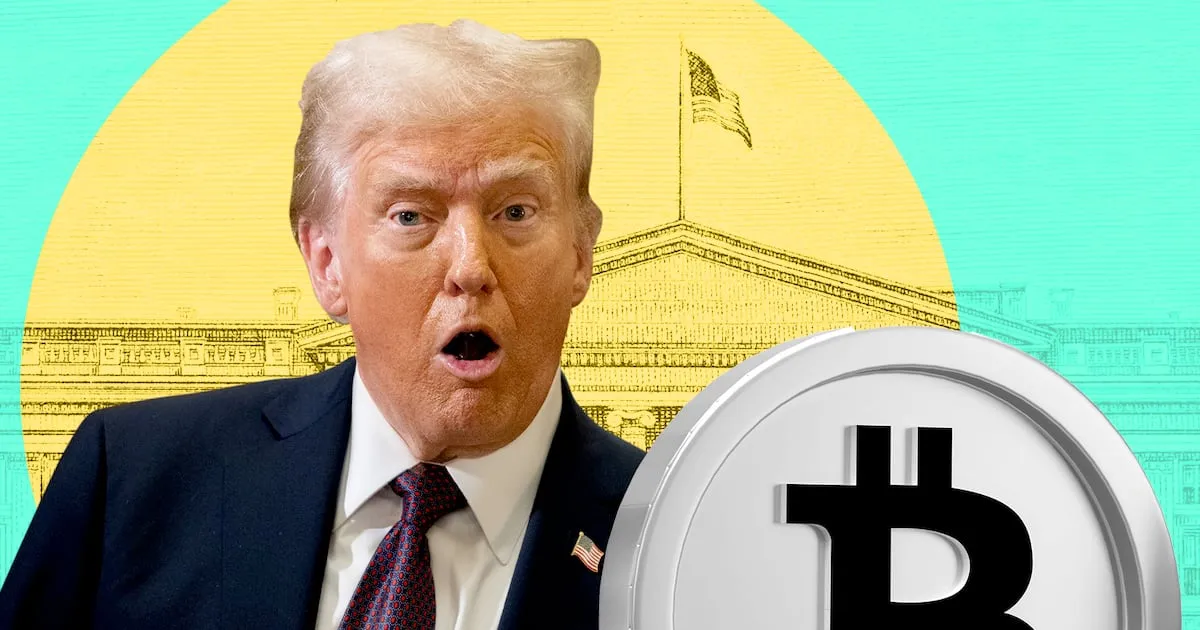
Retirement savers in the United States are set to benefit from a significant policy change that will allow them to passively invest in Bitcoin as part of their retirement plans. On Thursday, President Donald Trump signed an executive order aimed at streamlining the inclusion of alternative assets, including cryptocurrencies like Bitcoin, into 401(k) retirement plans. This move could potentially direct billions of dollars into digital assets through regulated investment products, such as spot Bitcoin exchange-traded funds (ETFs).
According to 2024 estimates by Bitwise, approximately $8 trillion is currently held in 401(k) accounts, representing one of the largest untapped markets for crypto exposure. Bloomberg's estimates suggest that this figure may be even more substantial, hovering around $12.5 trillion. Traditionally, most retirement portfolios have been heavily invested in stocks and bonds. However, this recent policy shift opens the pathway for plan sponsors to introduce funds linked to Bitcoin and other alternative assets, creating new opportunities for investors.
Even a modest allocation of retirement assets to cryptocurrency could result in significant market impacts. Ryan Rasmussen, the Head of Research at Bitwise, highlighted that a mere 3% allocation of 401(k) assets to crypto could lead to inflows of approximately $240 billion. Given Bitcoin's current market dominance, this translates to around $144 billion directed towards Bitcoin alone.
As interest in Bitcoin from retirement plans grows, it is essential to consider the current market dynamics. Recent data from the analytics firm CryptoQuant indicates that Bitcoin reserves on centralized exchanges have plummeted to about 2.5 million, marking the lowest level in nearly seven years. At present prices, this equates to a mere $300 billion worth of Bitcoin available in the market.
If demand from retirement plans manifests through investment products like BlackRock’s iShares Bitcoin Trust, issuers will need to acquire the underlying coins to support new investments. However, ETFs are not the only entities competing for Bitcoin. A growing trend in corporate treasury buying has also emerged, with firms such as Strategy and Japan’s Metaplanet making significant Bitcoin purchases for their balance sheets on a regular basis.
Data from Bitcoin Treasuries reveals that 164 public and private companies currently hold nearly 1 million Bitcoin, valued at over $116 billion. This figure is approaching 5% of Bitcoin's total maximum supply, highlighting the increasing institutional interest in Bitcoin investment. As retirement savers look to diversify their portfolios with Bitcoin, the landscape for digital assets continues to evolve, offering exciting prospects for the future of investing.